By: Chris Kluesener

I got hurt a lot as a kid – falling off bicycles, breaking bones, even reconstructive leg surgery after a particularly traumatizing grade school football game. This is partly what drew me to surfing – the ocean always tended to provide a softer landing. That was until my first surfboard fin to face experience, resulting in 37 stitches above my left eye. Alas, even surfing could be dangerous. It’s with this personal experience, as someone who considers myself a capable surfer, we begin to consider the need for surf park safety standards.
Can’t surfers and parks self-regulate? Unfortunately, it seems like the answer is ‘no’.The bottom line is that surfing, when uncontrolled, can lead to injuries… even for surfers with years of experience. Surf parks are no different.
Why safety matters in surf parks
Injuries should make Surf Park industry leaders nervous, given the current rapid growth of the industry.
On any given day, the average surfer in a surf park does get bumped and bounced off the bottom, their board, and sometimes other people. Imagine what this will be like at scale and over time in surf parks on a global scale, which must serve hundreds of surfers per hour in order to meet financial performance goals.
For Surf Park Operators, injuries are the number one enemy, and so there is a collective and persistant need for companies in the surf park industry, even direct competitors, to get involved and help establish shared safety policies.
So what actually makes a Surf Park safe? This exact question keeps many people up at night. Water parks generally are highly regulated experiences, but, of course, Surf Parks are quite a bit different than how water parks might handle safety protocols. As an industry, surf parks likely must differentiate between normal water parks in order to establish standards that make sense for fiberglass boards and rigid fins (as opposed to inflatable inner tubes), and a lot more water time. Skill levels of guests need to be checked and enforced to prevent novices trying to ride advanced waves too soon. It’s clear that the rules that apply to water parks fundamentally differ from the rules for how surf parks and wave pools will work at scale.
Looking towards a safer future
Surf Park Central – the company behind this site and the Surf Park Summit – has closely monitored the growth of the surf park industry over the last 10 year, and is currently working with established industry partners to help better understand standardization in an objective way.
Specifically, this topic came up yet again after the recent Surf Park Summit in June 2021. In the expert panel dubbed the “Infinite Nuance of Wave Technology Companies” with four CEOs and senior executives from the major wave technology companies, Surf Park Central’s Dr. Jess Ponting sat down with Seán Young at Wavegarden, Baptiste Caulonque at Endless Surf, Aaron Travis at Surf Lakes, and Tom Lochtefeld at Surf Loch to discuss. You can rewatch some of this conversation here.
The takeaway from this talk from a safety perspective is that, while each wave technology company’s approach varies greatly in development philosophy and technology specifics, these leaders each agreed about the need for standardization, including related to safety in surf parks.
Getting involved
Surf Park Central continues to take active steps forward to facilitate open, inclusive conversations related to safety and standards in the surf park industry, including among direct competitors. Specifically coming up at the October 4-5th, 2021 Surf Park Summit, we will feature a joint presentation between co-presenters Marshall Myrman, Flowrider President and COO and Head of Product Management at Endless Surf, and Tom Lochtefeld, Founder & CEO of SurfLoch, who are direct competitors but also collaborators on this open-door effort.

Specifically, Mr. Myrman and Mr. Lochtefeld have been working together with the American Society for Testing and Materials (ASTM) on the definition of safety protocols for lifeguarding, water clarity, and pool operations in response to AB 441 in California, which was a policy document put forward to regulate surf park operations. The ASTM team will be included directly in the Summit programming.
In fact, Mr. Lochtefeld in particular has been speaking about industry standardization since the original Surf Park Summit in 2013 – click here to rewatch Tom’s presentation from 2013 where he addresses this issue of non-standardization and calls for a collective approach.

By no means is Surf Park Central the source of truth for safety standards in surf parks – however, we are attempting to facilitate these conversations using our Surf Park Summit as an open forum.
The Summit event will feature both the presentation from Mr. Myrman and Mr. Lochtefeld, but also an open-call for contributions, to allow anyone interested in participating, even if they do not have event access to Surf Park Summit, to participate in the conversation related to surf park industry safety standards. It’s important for the collective industry to rise to the occasion and collaborate with one another, even with competitors, on shared safety policies to ensure the best experience for the end consumer.
If you’d like to get involved with the dialogue around shared safety standards in surf parks, please complete the form above or reach out to [email protected] and mention “Safety Standards” in the title.
Consider participating in the 2021 Surf Park Summit, October 4-5th, 2021 in San Diego California.
Check out insiders.surfparkcentral.com for more information on membership.


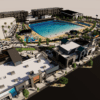
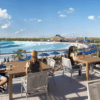
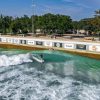
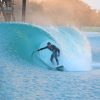
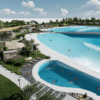

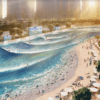
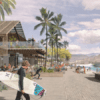
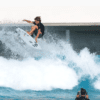


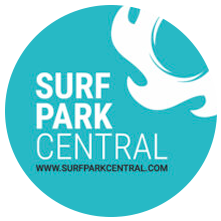



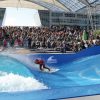
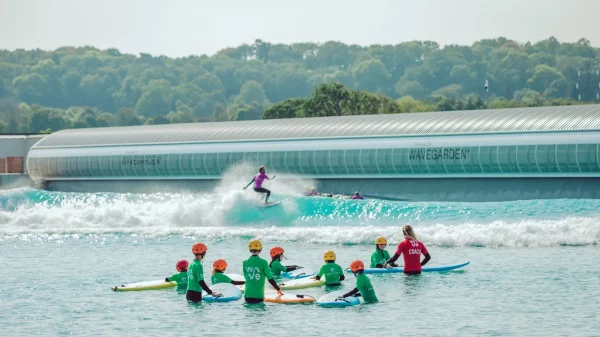
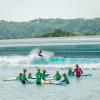


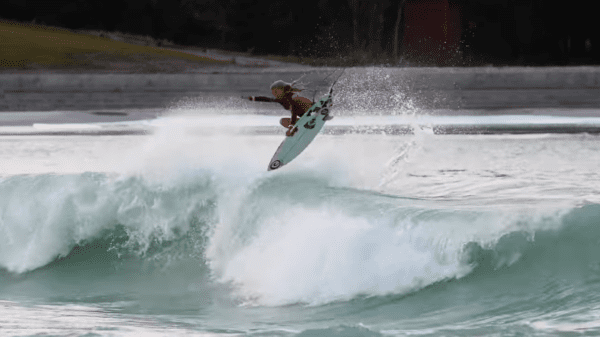

You must be logged in to post a comment Login